
What do you do when things don’t go according to plan? How do you make the best of a less-than-ideal situation? As two recent grant recipients have learned, sometimes you have to scramble and start over. The Jefferson Trust can help.
In 2017, Neeral Shah received grant funds to create a Visiting Scholars Program for Underrepresented Minorities in the Gastroenterology (GI) Program. His original vision was to bring residents to UVA to shadow physicians and gain exposure to the fantastic program here, with the ultimate goal of attracting competitive residents to UVA.
His idea hit roadblocks early on. Because of restrictions due to credentialing regulations, the visiting residents could observe only. This resulted in less interest than anticipated. In addition, applications for the program opened in August of 2017 – the events that occurred on August 12th that year “changed the landscape” in Charlottesville, and made it much more difficult to entice minorities to the area. “This is when I approached the Trust about changing my goals and finding a way to still highlight the great work we are doing here and finding a way to get underrepresented minority residents to visit. Attending our annual conference with their expenses paid for seemed to be an opportunity that interested residents,” said Shah.
“Since changing the opportunity to attend our conference and meet our faculty and fellows in training, it has been very popular. We were able to select 3 scholars last year who gave very positive feedback about the program. Two were applying for GI fellowship this year. Both of these scholars applied to our program.” Shah reported that they “would have never known about UVA if it had not been for the Jefferson Trust program that allowed them to attend our annual conference.”
A 2018 grant to the School of Nursing also faced some challenges. The program goal of expanding an existing relationship with the Bluefields Indian and Caribbean University School of Nursing (BICU SON) to focus on the health impacts of climate change and the public health nursing role in community preparedness remains the same. However, due to political unrest in the region that ramped up just as funding was awarded, it was no longer safe to take UVA nursing students to Nicaragua.
After reaching out to the Trust and receiving encouragement to adapt the program, project leader Emma Mitchell decided to flip the model. Rather than take a small group of UVA nurses to Nicaragua, they brought their partners to UVA! “Our biggest success to date has been flipping our model to being about bringing expertise to UVA, and amplifying the impact of our project to more UVa students,” Mitchell said. “In Fall 2018 when we invited the two partners from Bluefields, they were able to meet with, present to, or guest lecture for over 200 UVA undergraduate and graduate students during their week-long trip to UVA.”
While both Shah and Mitchell admit they were disappointed when each realized their original plans were not going to work out, both are pleased with the revisions they were able to work out with the Trust, and the successes they’ve seen so far. Mitchell shares, “We continue to appreciate the support of our mentors and of the Trust in adapting our activities to ultimately meet our goals.”
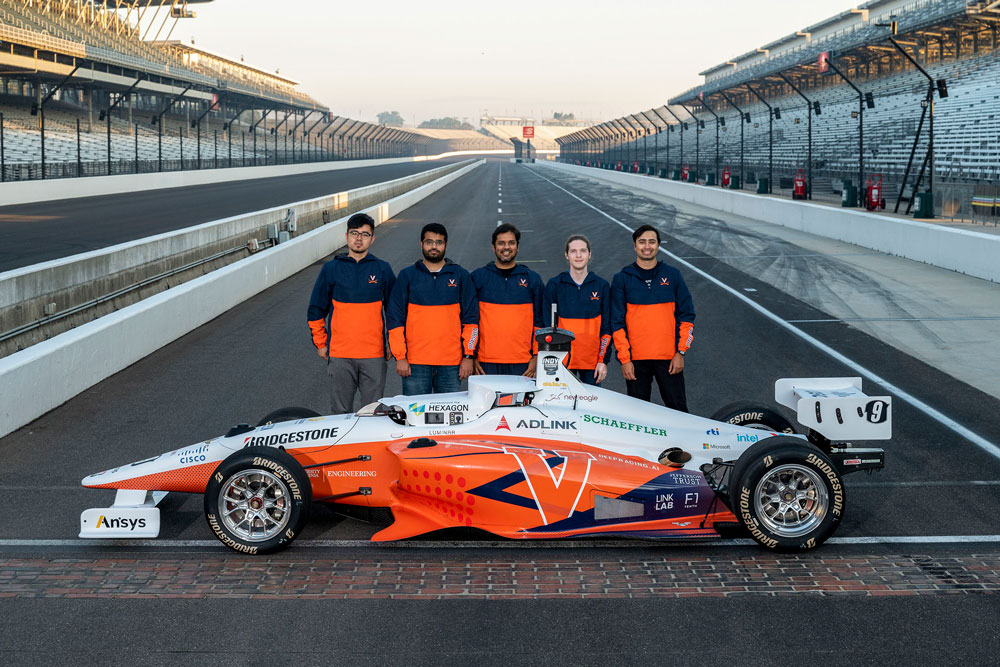
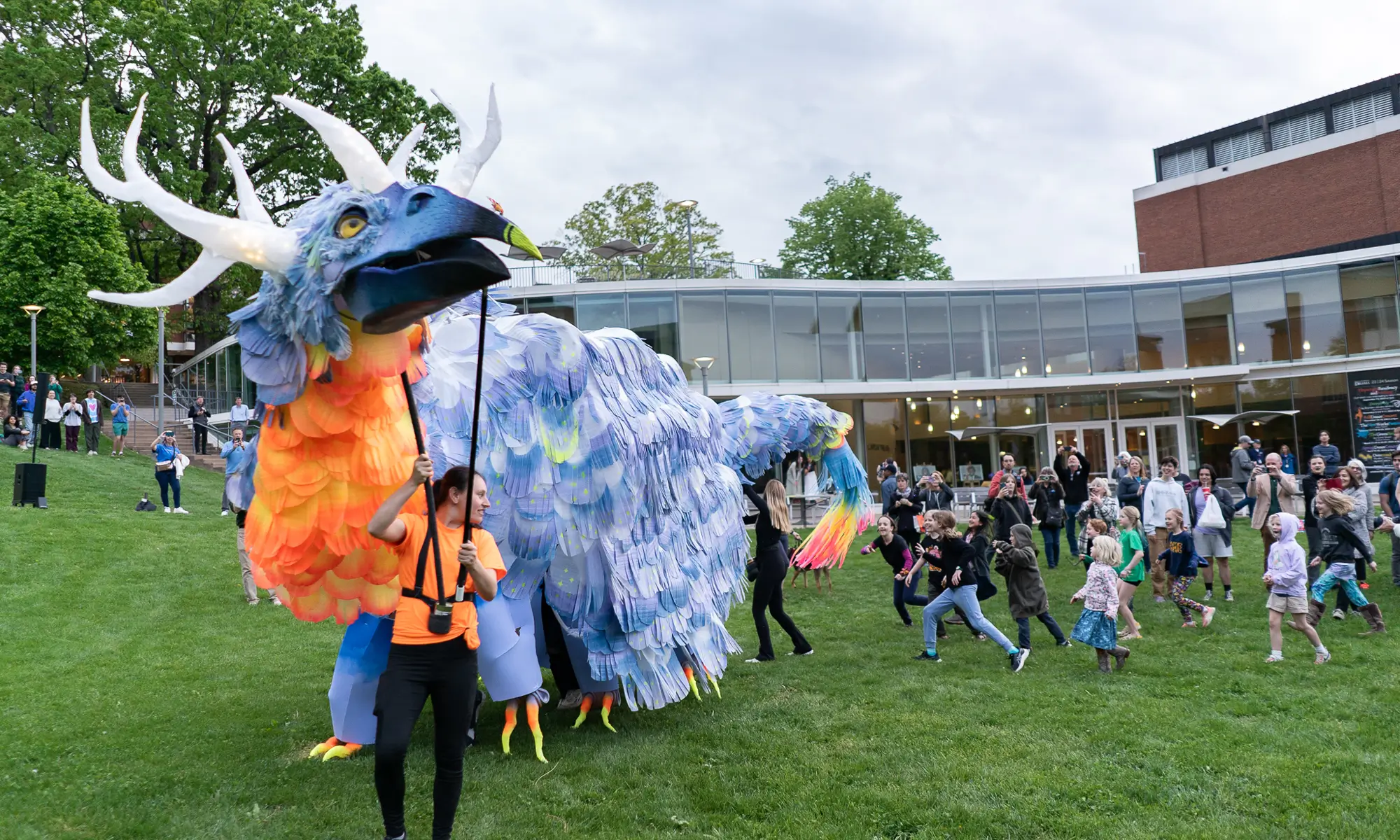
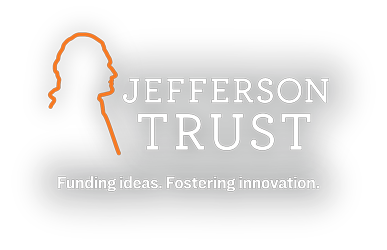
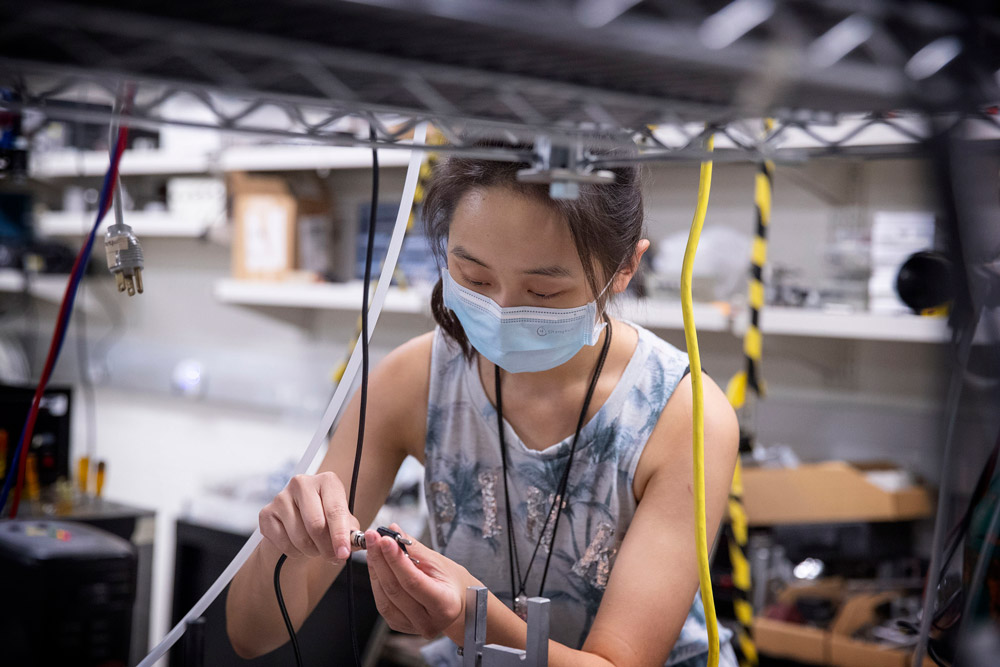
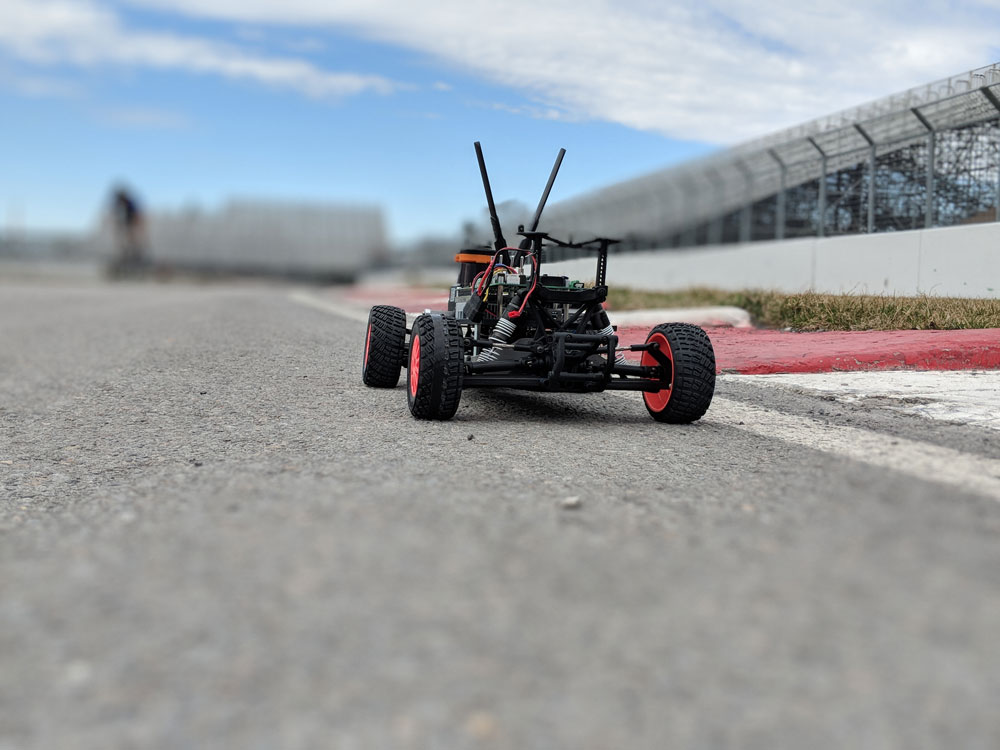

 Another program enhancing the UVA student experience is Flux, the University’s only slam poetry group. In fall 2019 they held multiple poetry slams as qualifiers to determine which poets will represent UVA at the College Unions Poetry Slam Invitational (CUPSI) in April 2020. Two important dynamics of Flux are audience engagement and creating a safe space; attendees are encouraged to snap, clap, and cheer throughout the poet’s readings, while cultivating an environment where everyone in the room feels respected and heard. A first-year student and participant in the slam commented, “The atmosphere is just incredible…it’s one thing to write a poem … but it’s another thing to perform it for people that are like an incredible community … snapping and cheering.” Another poet shared, “I thought it was really cool that a lot of people brought really personal poems, and I thought it was really cool how open everyone was about their stories.”
Another program enhancing the UVA student experience is Flux, the University’s only slam poetry group. In fall 2019 they held multiple poetry slams as qualifiers to determine which poets will represent UVA at the College Unions Poetry Slam Invitational (CUPSI) in April 2020. Two important dynamics of Flux are audience engagement and creating a safe space; attendees are encouraged to snap, clap, and cheer throughout the poet’s readings, while cultivating an environment where everyone in the room feels respected and heard. A first-year student and participant in the slam commented, “The atmosphere is just incredible…it’s one thing to write a poem … but it’s another thing to perform it for people that are like an incredible community … snapping and cheering.” Another poet shared, “I thought it was really cool that a lot of people brought really personal poems, and I thought it was really cool how open everyone was about their stories.”





